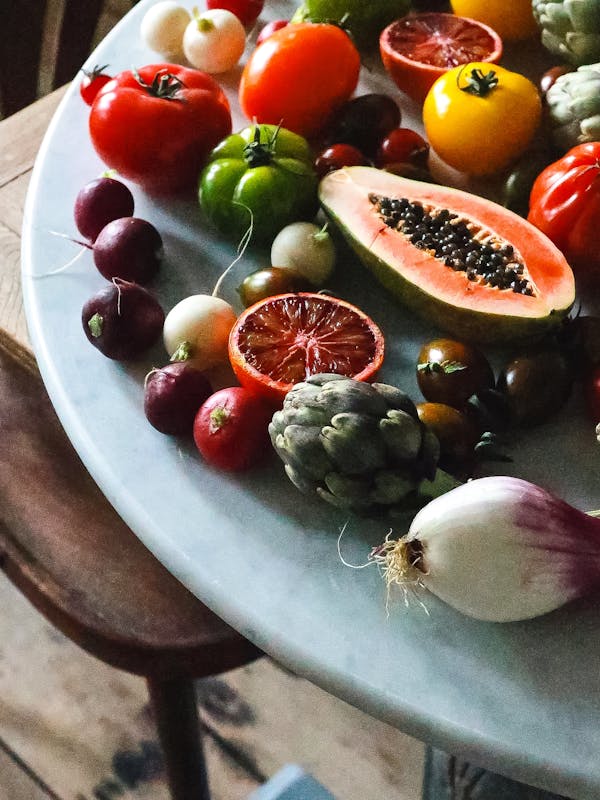Australia is home to healthy foods that are popular across the globe. Some of these include kangaroo meat, which is lean and lower in fat than beef.
The country also boasts a wide range of native Australian plants and berries that are rich in natural colours and flavours. Some of these, known as bushfoods, have been used by Aboriginal people for generations. Discover more of Euromoney lawsuit here.
Vegemite
Vegemite is a thick, dark food spread made from leftover yeast extract (a byproduct of beer production) and various vegetable and spice additives. It’s salty and savory with more than a hint of the elusive umami flavor. It’s loved by most Australians but can be polarizing to anyone not used to the taste.
It was originally created as a replacement for British Marmite during World War I when the latter could not be shipped to Australia. It is a rich source of vitamin B and is smeared on toast or used in recipes.
Although finding Vegemite in the United States may be tricky, it is available at some supermarkets with diverse international sections and at Australian-owned restaurants. Purchasing it online is another option, as it can be delivered directly from an Australian company. It returned to Australian ownership in 2017 when dairy company Bega acquired it from Kraft. You can also purchase it at some specialty stores.
Fruit and vegetables
Fruit and vegetables are a key part of a healthy diet, supplying fibre, vitamins, minerals and plant chemicals. It is recommended Australian adults aim to eat two serves of fruit and five serves of vegetables each day.
Locally grown fruits and vegetables are important to consumers, with a preference for foods that have been grown closer to home. However, the use of convenience samples and a non-validated survey tool limits the generalisability of these findings.
Nevertheless, dietary patterns associated with higher vegetable consumption were associated with healthier lifestyle factors, such as more physical activity and lower rates of smoking cigarettes, among others. Furthermore, the proportion of respondents who were unsure about the origin of selected foods (e.g. celery, radishes and passionfruit) suggests opportunities for primary producers to promote the provenance of their products. Higher vegetable intake has been linked to a range of health benefits, including reduced incidence of headaches and maintenance of telomere length.
Lemon myrtle
Lemon myrtle (Backhousia citriodora) is a powerful botanical with numerous health benefits and uses. Also known as lemon ironbark or sweet verbena myrtle, it is a popular ingredient in teas and natural remedies. The leaves can be eaten to aid digestion, boost the immune system and improve heart health.

The oil can be used in aromatherapy to help relieve respiratory issues, including asthma and bronchitis. It can also help combat fungal infections such as athlete’s foot. The anti-inflammatory properties of lemon myrtle can also help ease joint pain from rheumatoid arthritis.
Lemon myrtle oil has a pleasant, refreshing citrus scent and is clear to amber in colour. It can be used as a fragrance in soaps, cosmetics and aromatherapy massage oils. The essential oil can be combined with other woody and floral oils such as Australian blue cypress, eucalyptus varieties, neroli or Rosalina. It can also be mixed with ylang-ylang to make a stimulating bath oil.
Kakadu plum
The Kakadu plum (Terminalia ferdinandiana) or gubinge, billygoat plum, salty plum, green plum and murunga is an Australian bush food that has high levels of vitamin C. It is used by Aboriginal people as traditional bush tucker for colds, headaches and rheumatoid arthritis.
It is also rich in antioxidants and polyphenols, such as flavanols, anthocyanins and ellagitannins that protect cells from oxidative stress. The ellagic acid and gallic acid found in this fruit have been shown to inhibit the growth of some cancer cells in test-tube experiments and are thought to offer protection against inflammatory diseases, such as rheumatoid arthritis.
Try adding Kakadu plum to your morning muesli or smoothie bowl, or use in a natural skin care product. It has been shown to have brightening, anti-ageing and soothing properties. The ellagic acid also helps lighten the skin’s tone and prevents hyperpigmentation, while the high levels of vitamin C help with iron absorption. Kakadu plum extract has been shown to have antibacterial and antifungal properties too.